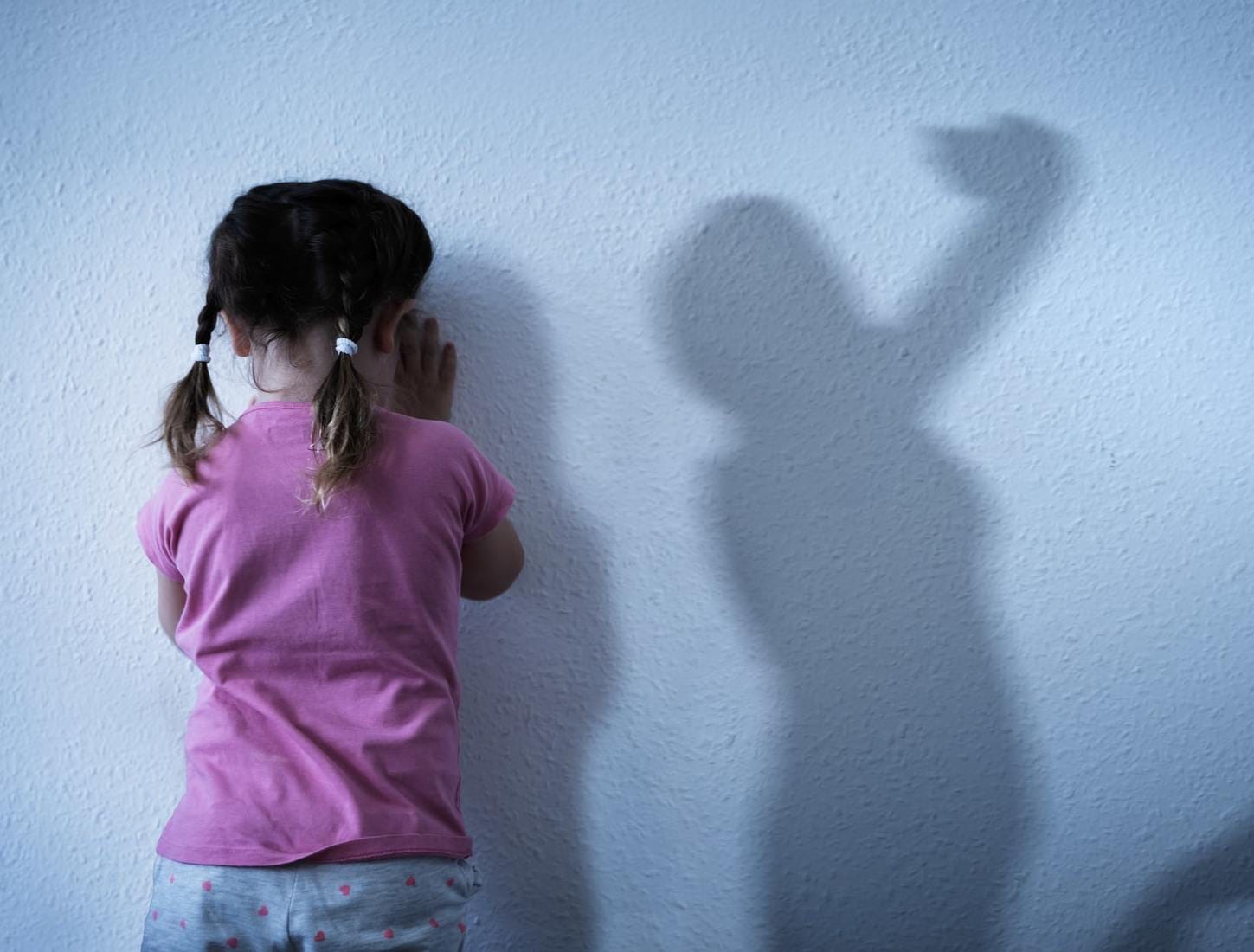
To end violence against women and children, we must improve our focus on perpetrators.
Efforts to address family violence increasingly recognise the need to shift the burden of responsibility from victim-survivors onto perpetrators of family violence.
While significant reforms have been implemented since the Royal Commission into Family Violence, there’s still more work to be done.
A sustained commitment to holding perpetrators accountable and building evidence-based interventions is critical to ending violence against women and children.
Here we examine the current state of perpetrator interventions in Victoria, and what’s needed next.
Responding to perpetrators of family violence
There’s been increasing recognition in Australia and internationally of the need to build effective responses to perpetrators of family violence.
There’s a range of perpetrator interventions used in Australia. These engage directly with people who choose to use violence, aiming to prevent further abuse and hold perpetrators to account.
Perpetrator interventions include family violence protection orders and men’s behaviour change programs.
Behaviour change programs are typically the most well-known perpetrator intervention. However, a suite of interventions is required if we’re to provide whole-of-system responses to DFV perpetration.
Perpetrators’ choice to use violence causes significant harm to individuals, to their family and community, and to the wider society.
Ensuring a well-resourced and effective whole-of-system response to victim-survivors is critical, but there’s increasing acknowledgement that this doesn’t mean ignoring perpetrators.
It’s ultimately perpetrators who have the power to stop using violence. Interventions that hold perpetrators to account, and ensure the risk they pose is assessed and managed, are critical to reducing, and ultimately eliminating, family violence.
What the royal commission recommended to improve perpetrator accountability
The landmark Victorian Royal Commission into Family Violence (RCFV) was established in 2015 in recognition of the significant harm caused by family violence, and the urgent need to improve responses. The commission examined a range of issues, including how to better-prevent, identify and respond to family violence perpetrators.
The commission’s findings emphasised that a focus on perpetrators is critical to ensuring the safety of women and children.
Accordingly, a number of the commission’s 227 recommendations related to perpetrators of family violence. This included recommendations to map the roles and responsibilities of all agencies that have contact with family violence perpetrators, to trial and evaluate perpetrator interventions, and to ensure behaviour change programs are sufficiently funded to meet demand.
The recommendations relating to perpetrators of family violence highlight the importance of “collective responsibility” in identifying and responding to family violence perpetrators.
In late January, the Victorian government announced that all 227 recommendations have now been implemented.
However, the newly released report from the Family Violence Reform Implementation Monitor highlights the significant work still needed to ensure perpetrators are held accountable for their choice to use violence.

The Family Violence Reform Implementation Monitor
Established in 2017, the Family Violence Reform Implementation Monitor is responsible for reviewing the delivery of the family violence reform agenda arising from the royal commission.
In late January, the monitor released its final report examining one of the key priority areas: “Service response for perpetrators and people using family violence.”
Led by Jan Shuard PSM, and drawing on substantive consultations, the report sets out progress achieved towards the goal of an effective “whole-of-system” response to perpetrators. However, it also highlights a number of significant hurdles that remain.
Significant shifts achieved, but monumental work still required to hold perpetrators to account
The FVRIM report found that “the landscape for perpetrator interventions has shifted significantly in Victoria since the royal commission”.
A key part of this is the wider range of intervention programs being developed and trialled. The monitor found that while some piloted programs appear promising, further evaluation and research is required to know which programs are most effective in improving perpetrator accountability.
The report also highlights the importance of ongoing government investment and the need for increased program funding. Numerous stakeholders noted the “large demand and long waitlists for perpetrator programs” demonstrating a persistent level of unmet need.
Critically, the report found more work needs to be done to ensure a whole-of-system approach, including addressing coordination challenges between service providers to improve system responses.
Working with family violence perpetrators is highly skilled work.
Stakeholders raised the need to expand workforce capabilities, and strengthen accreditation and oversight processes. This is critical to ensuring practitioners and services working with perpetrators are supported to undertake this work.
What’s needed next for the perpetrator intervention system in Victoria?
We’ve reached a critical point in the state government’s commitment to achieve a Victoria Free from Violence, now that all 227 recommendations from the royal commission have been acquitted, and the independent monitoring role has been disbanded following this most recent report.
Yet when we look at the perpetrator intervention space, it’s clear the work is only beginning. We’ve not yet achieved an evidence-based nor connected systems’ response to family violence perpetration.
The FVRIM’s final report emphasises the importance of ongoing oversight and the need to build a web of accountability.
Despite significant investment and improvement, much of the work in Victoria and elsewhere around Australia remains siloed, undermining efforts to develop whole-of-system responses to perpetration.
Building the evidence base is critical to achieving connected and effective practice in this space. The FVRIM stated:
“Due to the current level of unmet need, there’s an imperative to act first and then adapt, because developing the full evidence base on perpetrator interventions will take time.”
The analogy of building the plane while flying it seems apt here. Much of the perpetrator intervention work implemented since the royal commission has been Australian-first.
In many cases, evaluations have not been built in from the outset, and for that reason the evidence base on “what works” when intervening is still limited.
In the next phase of the family violence reform agenda, evaluating current practice must be embedded – not only to identify promising practices to support, but also to ensure the identification of harmful interventions.
Read more: Listening to the voices of family violence victim-survivor advocates
Amid the programs, evaluations and development of new interventions, we mustn’t lose sight of the importance of lived experience in understanding effectiveness.
Victim-survivors should be involved in the development of perpetrator interventions, and their involvement through family safety contact work is critical in the delivery of programs.
At all points of the system, victim-survivor safety should be held as the primary principle.
Professor Kate Fitz-Gibbon and Dr Nicola Helps consulted on the Implementation Monitor's Service response for perpetrators and people using violence within the home report.





